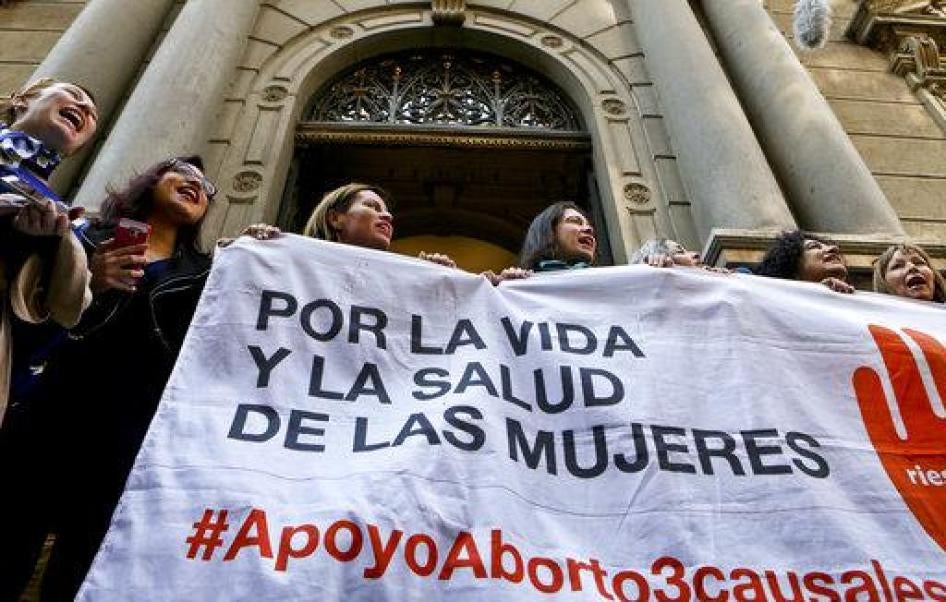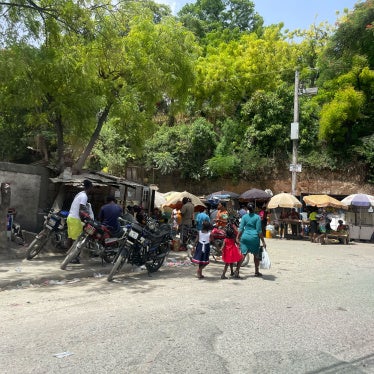(Washington, DC) – The Chilean Constitutional Tribunal protected women’s rights when it ruled on August 21, 2017 that a new law to end the full criminalization of abortion in Chile was constitutional, Human Rights Watch said today.
The court’s decision addressed two lawsuits brought by members of parliament from opposition parties challenging the constitutionality of the country’s new abortion law, passed by Congress on August 2. The law decriminalizes abortion under three circumstances: if the life of the pregnant woman or girl is at risk; if the pregnancy is the result of rape; or if the fetus suffers severe conditions not compatible with life outside of the womb.
“The ruling is a landmark for human rights in Chile,” said José Miguel Vivanco, Americas director at Human Rights Watch. “By ending the cruel, harmful, and regressive policy of criminalizing abortion in all circumstances, the court protected women’s lives and fundamental rights.”
This should create new impetus for countries in the region that still impose an absolute ban on abortion to reconsider their legislation, following Chile’s key move to uphold women’s rights.
Americas director
In testimony before the court, on August 16, Vivanco argued that “the total ban on abortion is a disproportionate and overwhelming burden on women that undermines their dignity and their fundamental rights to life, health, and to be free from cruel, inhuman, or degrading treatment.”
President Michelle Bachelet first introduced the bill in January 2015, to address the absolute ban on abortion in Chile’s criminal code. Under articles 342 (3) and 344 of the Chilean Criminal Code, an abortion caused by the pregnant woman or another person was punishable by up to five years in prison.
While the new law represents progress in Chile, limitations in the law and the ruling continue to unduly restrict women’s access to abortion. Women or girls whose health, as opposed to their life, is at risk due to a pregnancy cannot lawfully terminate a pregnancy under the new law. In addition, the court appears to allow private hospitals to refuse access to abortion on grounds of conscience, rather than limiting such objections to individual doctors. The text of the court’s complete ruling will be released on August 28.
Before the adoption of the new law and the court’s ruling, Chile was one of very few countries in the world where abortion is criminalized with no exceptions. Nicaragua, El Salvador, and the Dominican Republic in Latin America remain among the handful of countries with some of the world’s most restrictive abortion policies. These highly restrictive laws fuel unsafe, clandestine abortions, putting women’s lives at risk.
“This should create new impetus for countries in the region that still impose an absolute ban on abortion to reconsider their legislation, following Chile’s key move to uphold women’s rights,” Vivanco said.









